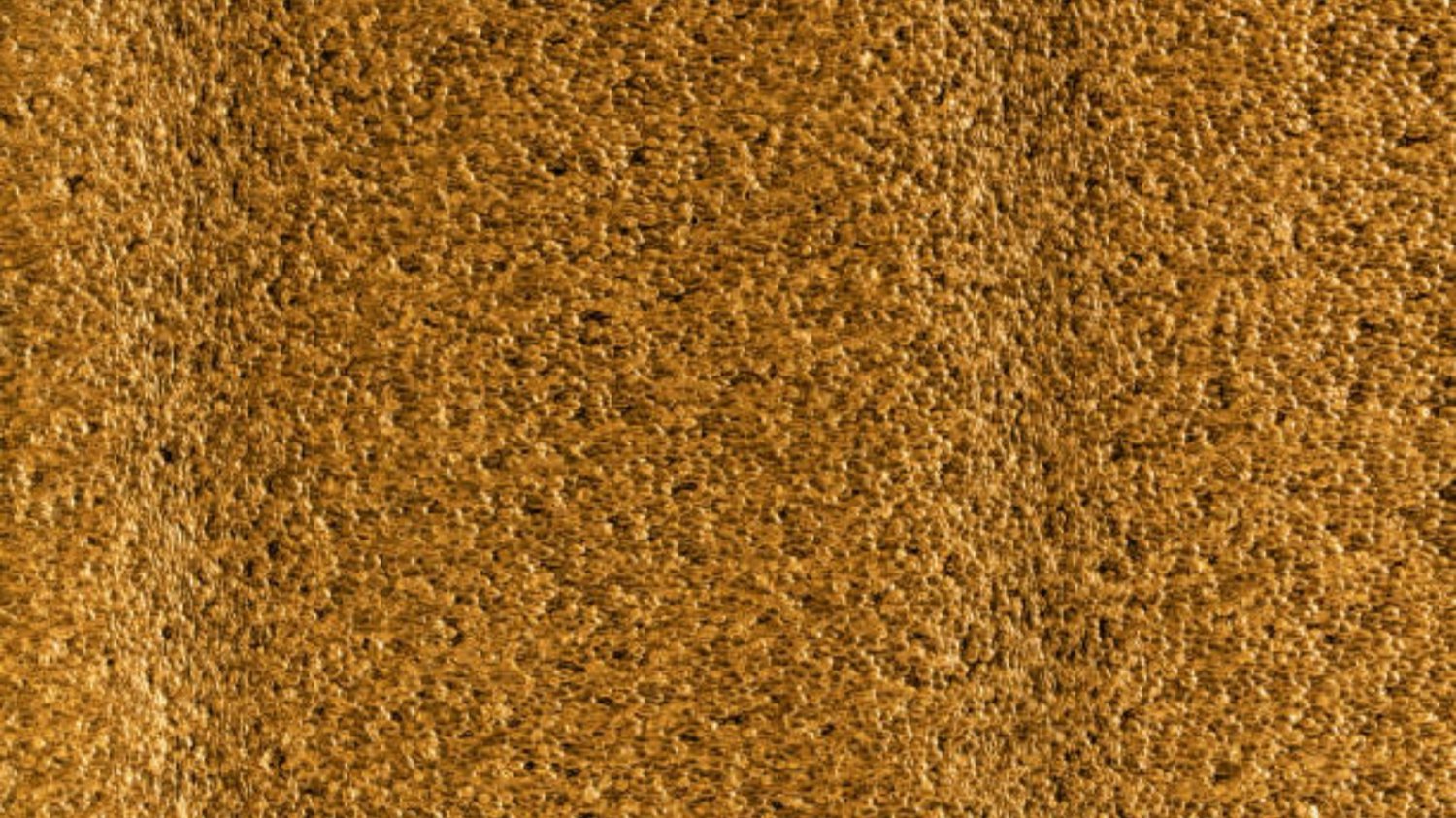The Advantages of insulated polyurethane panels for Energy Efficiency
Insulated polyurethane panels are a popular choice for various construction projects due to their exceptional thermal insulation properties. These panels consist of a polyurethane foam core sandwiched between two metal or composite facings. This article will explore the numerous benefits of using insulated polyurethane panels, including energy efficiency, cost savings, durability, versatility, and environmental sustainability.
1. Unmatched Thermal Insulation of insulated polyurethane panels
One of the primary advantages of insulated polyurethane panels is their exceptional thermal insulation capabilities. The polyurethane foam core acts as an effective barrier against heat transfer, minimizing thermal bridging and ensuring optimal energy efficiency. These panels offer high R-values, which measure the material's resistance to heat flow. As a result, buildings constructed with insulated polyurethane panels can significantly reduce heating and cooling costs.
2. Energy Savings and Cost Efficiency
By reducing heat loss or gain, insulated polyurethane panels help maintain a stable indoor temperature, leading to substantial energy savings. The superior insulation provided by these panels reduces the need for excessive heating or cooling, resulting in lower energy bills throughout the year. Additionally, the initial investment in insulated polyurethane panels can be quickly recovered through reduced energy consumption, making them a cost-effective choice for both residential and commercial buildings.
3. Durability and Structural Strength of insulated polyurethane panels
Insulated polyurethane panels are known for their exceptional durability and structural strength. The combination of the polyurethane core and the metal or composite facings creates a rigid and sturdy construction material. These panels can withstand extreme weather conditions, including high winds, heavy rain, and even seismic activity. Their strength and resistance to impact make them an ideal choice for various applications, including walls, roofs, and floors.
4. Versatility in Design and Construction of insulated polyurethane panels
Insulated polyurethane panels offer unparalleled design flexibility, allowing architects and builders to create aesthetically pleasing structures. These panels are available in various sizes, thicknesses, and finishes, enabling customization to match specific project requirements. The lightweight nature of these panels also simplifies installation and reduces construction time. They can be easily integrated into new construction or retrofit projects, making them a versatile solution for any building design.
5. Noise Reduction and Acoustic Comfort of insulated polyurethane panels
In addition to their thermal insulation properties, insulated polyurethane panels also provide excellent soundproofing capabilities. The dense polyurethane foam core absorbs sound vibrations, reducing noise transmission and enhancing acoustic comfort inside buildings. This feature is particularly beneficial in settings that require a quiet environment, such as hospitals, schools, offices, and residential buildings.
6. Fire Resistance and Safety
Insulated polyurethane panels are designed to meet stringent fire safety regulations. The materials used in their construction have inherent fire-resistant properties, making them a safe choice for buildings. These panels have excellent flame-retardant capabilities and low smoke generation, minimizing the risk of fire spread and ensuring the safety of occupants. Moreover, the non-combustible facings further enhance the fire resistance of the panels.
7. Environmentally Sustainable Solution of insulated polyurethane panels
Insulated polyurethane panels contribute to a greener and more sustainable future. The energy-saving benefits of these panels significantly reduce greenhouse gas emissions associated with heating and cooling. Additionally, the long lifespan and recyclability of polyurethane make it an environmentally friendly choice. These panels help reduce construction waste and can be recycled into new products at the end of their life cycle, minimizing their impact on landfills.
8. Enhanced Indoor Air Quality
Insulated polyurethane panels also contribute to improved indoor air quality. These panels are manufactured using low-emitting materials and processes, minimizing the release of volatile organic compounds (VOCs) into the air. This ensures a healthier and more comfortable indoor environment for occupants, reducing the risk of respiratory issues and other health problems associated with poor air quality.
9. Resistance to Mold and Moisture of insulated polyurethane panels
Mold and moisture can cause significant damage to buildings and pose health risks to occupants. The closed-cell structure of insulated polyurethane panels provides excellent resistance to moisture penetration. These panels act as a vapor barrier, preventing the entry of water and inhibiting the growth of mold and mildew. This feature is particularly beneficial in humid or coastal areas where moisture-related problems are common.
10. Long-Term Investment
Choosing insulated polyurethane panels for construction projects is a long-term investment. The durability, energy efficiency, and low maintenance requirements of these panels ensure long-lasting performance, reducing the need for frequent repairs or replacements. Additionally, the cost savings achieved through reduced energy consumption contribute to the overall value of these panels, making them an economically sound choice.

